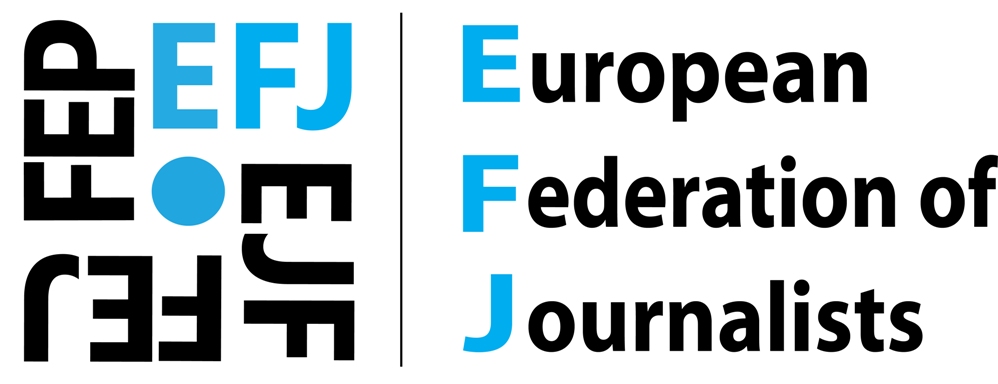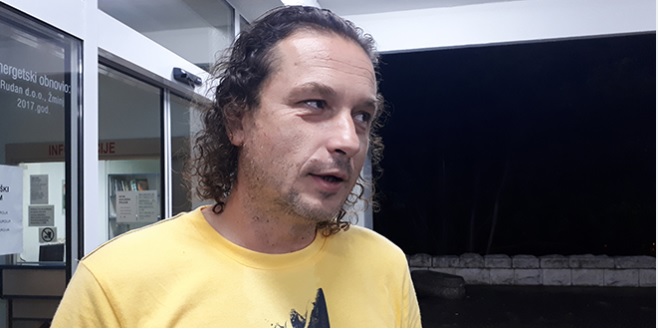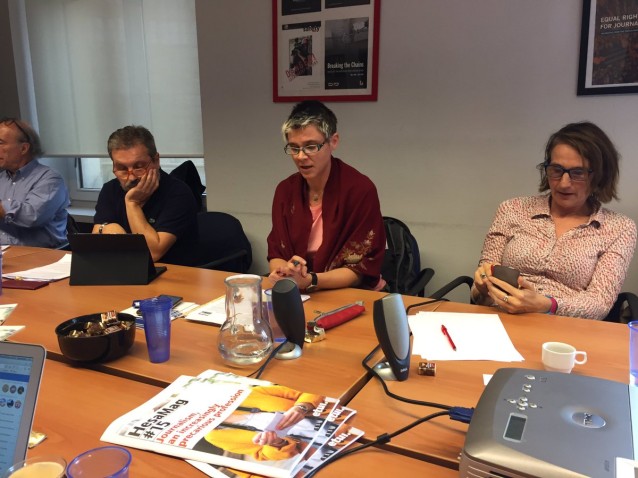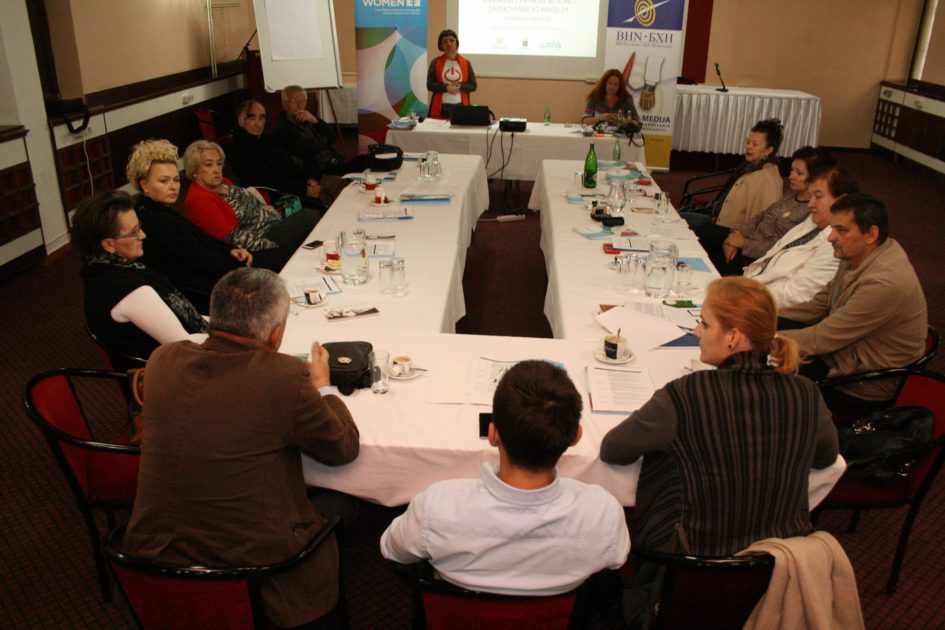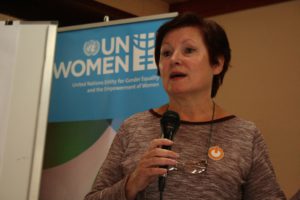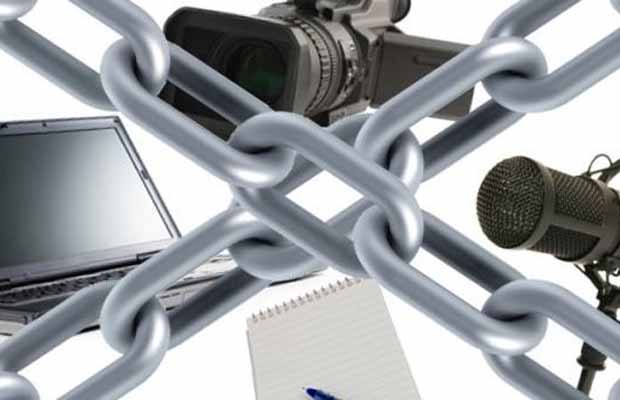Sarajevo, 11.10.2017.-State interrupting syntagm in media field does not necessarily include negative connotations. Certain state role, in comparison with media field, is in fact accepted, desirable and even considered required, in terms of preventing negative and rather outlined modern phenomena, such as uncontrolled media ownership over media houses, uncontrolled foreign and global finance investments, unbalanced license granting for operations and inadequate mechanisms used to sanction socially irresponsible media houses.
For each of the above-mentioned occurrences/appearances, the state disposes of mechanisms through which their negative effects (such as violating media liberties and freedoms, unequal and insufficient competition and unsustainable socially responsible media houses) may repulse or to some extent, ease many of the above-listed occurrences. In this context, the role of the state, acting as a regulator or legislator, is indeed crucial. The necessity of this state role derives from several factors.
Namely, the structure of modern media systems has become more complex in terms of production sub-system, that is, media complex mostly consisting of numerous and diverse media houses, towards both communication techniques upon which they have been based (printed media, radio, television, online media) and ownership over media (public, private, civil media) and also towards the manner of managing and their financing.
Furthermore, the structure of modern media systems have been additionally made complicated by ever-growing social subjects that, either directly or indirectly and (more or less) had impact on media financing issues and this certainly made these subjects identified as media system ageneses (governing officials, political parties, entrepreneurs, advertisers, religious communities, non – governmental organizations etc). Interests of these ageneses may significantly jeopardize the autonomy of professional communicators (media managers, editors, and journalists) and they consequently require particular legal aid as well.
Also, the justification of the state role acting as a regulator in modern media systems derives from a complete exposure to media markets in commercial processes, including privatization and media capital concentration, which is often, through overtaking or joining or even mutual investing, somehow linked to the capital from other industrial fields. However, passing quality set of laws and applicable legal regulations (in practical journalism), including the creation of efficient mechanisms to imposing sanctions, should these regulations be violated, is required at the state level in order to have a completely justified role of the state acting as the regulator for this specific issue. Also, these legal regulations should be harmonized and conformed to international documents, including universal principles containing (more or less) the media sphere.
Media hyperproduction, including media contents, as one of the most dominating marks of modern media systems, requires greater control level over media houses, although this kind of control does not necessarily include the violation of media autonomy, particularly if controlling is aimed towards valuable dimension of media houses, in terms of their community adequacy and advisability, responsibility and expediency. Hyperproduction of media contents and total number of media houses are not necessarily sufficient in order to obtain and accomplish media freedoms and liberties, neither have they represented relevant level of democracy of individual media systems, On the contrary, these occurrences often result in violation of media autonomy and professional communicators; because they are often forced to accept compromises with the above-mentioned ageneses in order to sustain in significantly degraded media market.
This trend also often results in advocating and promoting powerful individuals or organizations biased against general public interest. Also, one of the undesirable and negative trends, caused by the massive existence of media houses, is the quality decline of media contents, in terms of unjustified outlined short, easy, funny, entertaining and useless and, in a sense of genuine values, unacceptable media products. Applicable normative framework, based on quality content, composed of norms at various responsibility levels (including legal and ethical norms) and norms passed on different levels (including international level norms, national or norms passed at individual organization levels) represents one of the most important precondition in preventing political parallelism in media systems, including commercial media instrumentalisation.
Both of these appearances could be treated as a phenomenon in modern media systems, considering that their ever-increasing existence, including the factors that significantly violate media freedoms and liberties and professional communicators. Their importance is perhaps best outlined through the fact that analyzing modern media systems, with the purpose of identifying their nature and character, requires the determination of political parallelism level and measures in which media houses are commercially instrumentalized as part of this process. In one of the most significant comparative studies of media systems whose authors are Daniel C. Hallin and Paolo Mancini, political parallelism was defined as the level and nature-bound between media and political parties and in a wider context, as measured in which media system sustain political segregation of a community (2004: 21).
As most significant indicators of the political parallelism level represented in various media systems, these two authors outlined the following: – Media contents, that is, to what extent do different media houses sustain with various political orientations through contents they broadcast; – Organizational ties between media and political parties or other types of organizations that are often bound with political parties, such as media financing by political organizations; – Tendencies of professional communicators engaged with media organizations in order to be active in political life at the same time; – Engaging media staff whose political views are not confronting with political orientation of their employers, that is, media organization; – Biased media audience, which shall include the tendency of having the followers of different political parties use media that suit their political orientation; – Journalist role orientation and practice from upholding journalism to journalism mainly aimed to information providing; – Regulatory bodies isolation level from any political influence; – Model of organizing and managing the public service (Hallin/Mancini, 2004: 28- 32).
Some of the above-mentioned forms of political media instrumentalization may be regulated legally1 and thus make the contribution to their sanctions and acquiring inner pluralism as part of any individual media house or organization. Namely, Hallin and Mancini used internal pluralism for the purpose of marking media houses attempting to avoid institutional ties and bounds with political groups thus prevailing their neutrality and remaining “balanced” in content they disseminate. On the other hand, a less desirable form is outer pluralism (in context of repression against political parallelism) defined by the authors as “pluralism accomplished at media system in full through the existence of several media houses or organizations reflecting views by different groups or tendencies in a community” (As above: 29). For systems defining this type of pluralism, one could say that they contain a high level of political parallelism as well. Apart from political parties, with de-regulation processes, commercializing and media privatizing, entrepreneurs, and capital owners appear as dominating ageneses in media systems and they are often connected with political elites, including advertisers.
One of the results of these processes includes the forming of many private media houses which, according to financing and functioning manners, conform to profit and commercial model, which, at the same time, includes the conditioning of their economic sustainability to incomes provided by the advertisers. The pressure they impose upon editing policies of media houses may be outlined through media markets characterizing disproportional relationship between number of media houses and the scale of media market, non – transparent and unequal forms of subventions of media houses provided by the state officials, but also inadequate legal media protection and aid, including professional communicators from outer pressures2 .
Discovering and establishing the balance between satisfying the public interest and preserving the reputation on one hand, and, accomplishing economic media sustainability, on the other hand, represents at present, one of the most significant requests set up before managers running media organizations. Depending on a level of political parallelism representation and commercial media instrumentalization, harmoniously joint with other indicators of nature and characters of the media system, results in the configuration of different media system models. Although, typologies of media system models are numerous and diverse, it is obvious that media systems with highlighted trends of media political influence or their determination mainly in profit making, do not belong to models with the domination of free and socially responsible media houses.
One of the inevitable assumptions for establishing and sustainability of free and socially responsible media houses, that is, media houses biased towards public interest in the first place, as oppose to interests of individuals or particular organizations, is passing and revising systematic legal sets of laws, primarily related to regulation of media system, commencing with the regulation of assumptions upon which it is in fact created and established and upon which it is based, to regulate the outcome of their existence that is, to public communication advocated by media houses. A systematic set of laws regulate “public communication as a social relationship, followed by technical presumptions of system functioning, conditions for media functioning, an international relationship in public communicating, professional communicators interacting and other social subjects, a degree of eventual public communication commercializing etc” (Miletic 2014: 12). Their content and the level of their effective implementation represent significant parameters for defining the nature and character of a particular media system.
This text is a part of E-Bulletin– first edition of special serial of BHN online bulletin implemented through the “Media and Public Reputation” (origin. “Mediji i javni ugled”) project, also representing a contribution to public debate regarding the transparency of media ownership and upholding and encouraging the passing of set of laws aimed to advance media field and information market in BiH.


